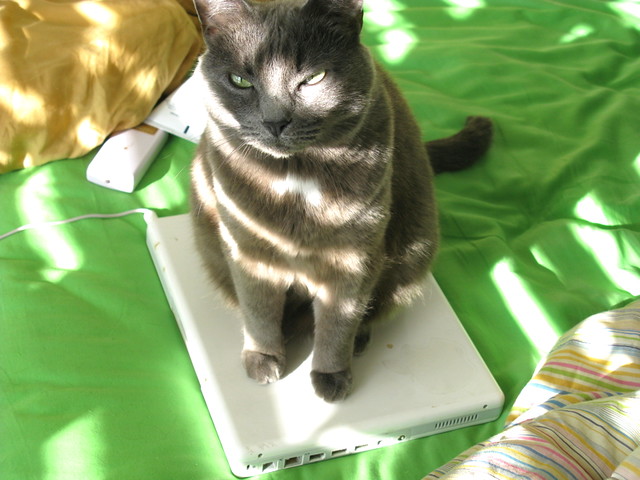If you don't have time (or interest) to read the just-released 600-page biography of Steve Jobs, a condensed version of Job's personality is at The New Yorker here. It's a quick read, but captures the darker side of the man who many know only as conquering hero. I confess to feeling much differently about Jobs after reading the biography. Before the book, I saw him as a genius with quirks. After the book I saw him as a deeply flawed man who I wonder if I would have enjoyed knowing.
This article uses the paradigm of the English Industrial Revolution as a way to think about Jobs. He was not an inventor but a tweaker—the most obvious example being his implementation of the technologies developed at Xerox's PARC center that appeared in the first Macintosh, and which the world thought Jobs & Co. had invented: the GUI (graphical user interface), the mouse, and more. There were portable music devices and cell phones before the iPod and iPhone—but Jobs tweaked what existed and made it great. And drove people crazy in the process.
He was such a perfectionist that it took eight years for him to begin furnishing the house he and his wife bought—he insisted they discuss the "purpose of a sofa" for a long time before buying one. Same with a washer and dryer. In the hospital he rejected nearly three score nurses before he found a couple he could tolerate, also rejecting the oxygen mask and finger BP sensor because of their poor design. These and MANY other examples are in the book—and there are enough in the New Yorker article to flesh out an accurate picture of the man.
Perhaps the saddest example of his perfectionism came near the end of the life (this story is in the biography, not in the article): He only got half-way toward deciding whether there is a God or not. In one of his final interviews with his biographer, Walter Isaacson, Jobs said he wasn't sure about the existence of God. He figured there is a "50-50 chance" that God exists. Taking eight years to decide about furniture is one thing. But taking a lifetime to decide about the existence of God is a far more weighty gamble—and an unnecessary one in light of the evidence:
"But the basic reality of God is plain enough. Open your eyes and there it is! By taking a long and thoughtful look at what God has created, people have always been able to see what their eyes as such can't see: eternal power, for instance, and the mystery of his divine being. So nobody has a good excuse." (Romans 1:19-20, The Message)
I can only hope that Job's perfectionism—the demands that he made on those around him—didn't carry over to his contemplation of the existence of God right up to his final moments of life. The verse just quoted says there is enough evidence to decide. But perhaps not enough for those who demand complete compliance to their standards.






